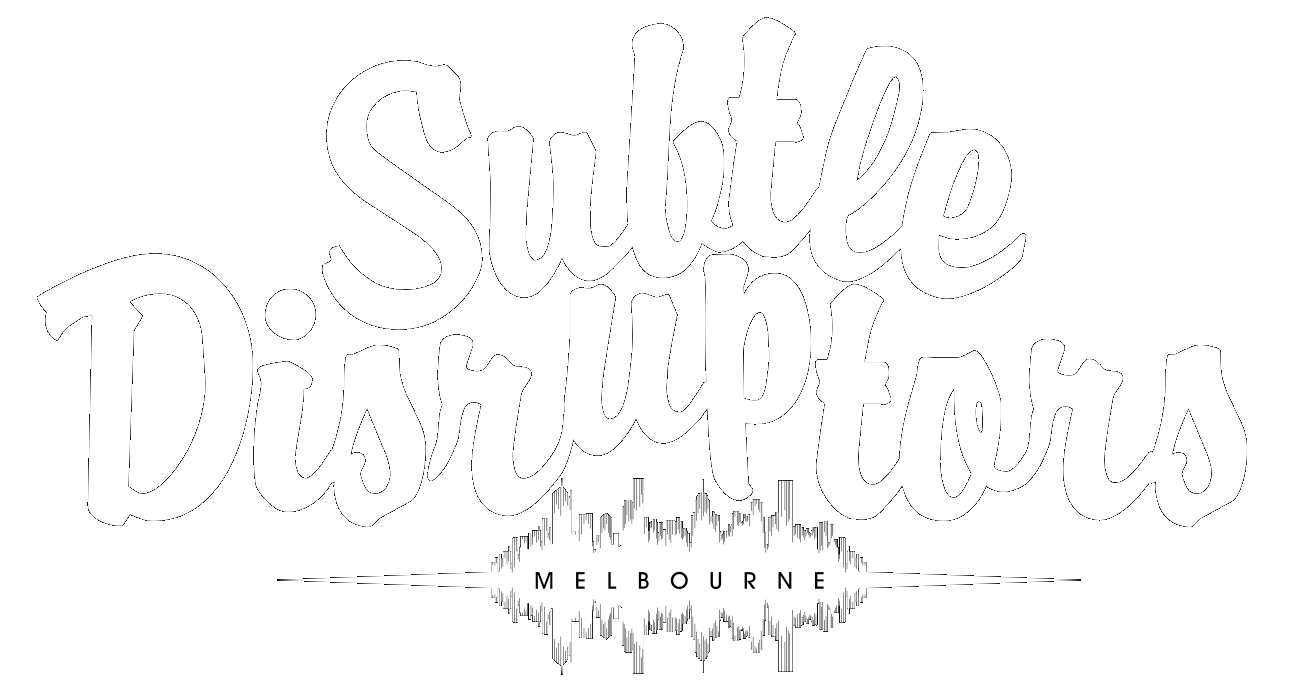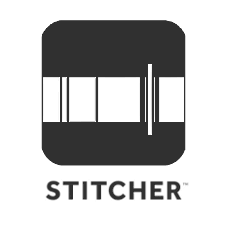I have a feeling that this episode may seem like eavesdropping on a personal therapy or coaching session.
Megan Davis created the digital agency Spendlove and Lamb with a specific focus on getting to narrative and storytelling telling with the clients they work with.
Most organisations have a mission statement, vision statement, values, and now even a purpose. But as useful as they are in setting the direction of an organisation, they can be very difficult to recall without having them in front of you. They tend to become dry bits of information in and of themselves, but when brought together with a relevant story they become full of life and meaning.
I put the challenge to Megan to help me come up with my story during this conversation. One day I want to become a solo consultant, doing something to help small business although I can never quite articulate what it is. She took up the challenge, and gently guided me through a process where I was able to get to the heart of what I wanted to do, and to articulate this through a story.
Megan’s work is so important to both organisations and individuals, and I hope you get as much as I did out of this conversation.
If you enjoyed listening to Megan you may also enjoy listening to Gabrielle Dolan on the power of telling stories in every day work situations, or Laurie Ingram on another different type of creative agency.
Podcast: Download
Subscribe: Apple Podcasts | RSS





Thank you for both sharing your stories. Megan I wish you well in your storytelling business. It’s important, especially for our institutions that appear to be profit and KPI driven.
Danny my husband aka RUDE Boy makes me feel safe too. And every day on Facebook, and sometimes on You Tube, we share our story of reuse and repair. We want to be connected in some small way therefore it’s important for us to tell our story as a couple, and our stories as individuals.
Here’s a short story that had an element of surprise but also lots of emotion and conviction. It’s very authentic and was not scripted.
https://youtu.be/tekvSe0uYuc
RUDE Girl aka Karen Ellis [refer SDMEL26]